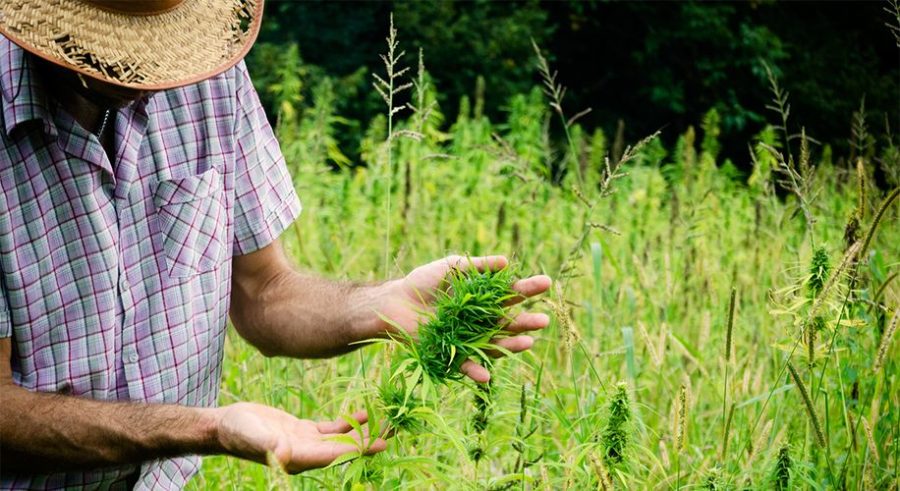Hemp industry players want the DEA to classify hemp byproducts fairly
A filing submitted on Monday, November 9 in U.S. District Court in Washington DC, saw the Drug Enforcement Administration (DEA) face pressure in regards to substance clarification.
In this particular instance, the Hemp Industries Association (HIA) and a South Carolina-based CBD maker requested the DEA to figure out whether or not temporary byproducts of hemp production should be classified as Schedule 1 substances.
A judge was ordered by the HIA and RE Botanicals to respond to questions pertaining to the rule that was initially imposed by the agency this August. One of the primary concerns for hemp business owners is that the rule criminalizes “two necessary, inevitable, and temporary byproducts of hemp production.”
Hemp classification rule could be blocked and invalidated, depending on judge’s decision
Based on the details of this recently filed U.S. District Court case, HIA and RE Botanicals say that the response they receive from the DEA will have the power to potentially invalidate and halt pending legal action for the hemp classification rule.
Concerns have arisen regarding the EA’s next move, which could see the Administration refresh its outdated policies in accordance with the 2018 Farm Bill; this bill banished low-THC cannabis from the Controlled Substances Act (CSA).
There is another possibility that the DEA might want to penalize hemp business owners if their hemp extracts exceed the allowed THC levels during a particular point in the extraction process; in this instance, the DEA may deem that hemp byproducts fall into the Schedule 1 category of Controlled Substances.
Members of Congress disagree with hemp classification
The Drug Enforcement Administration (DEA) has been accused of criminalizing conduct relating to the Congress’ motive for eliminating hemp from the Controlled Substances Act (CSA) with the 2018 Farm Bill’s passing. By who, you ask? Interestingly, by several members of the U.S. Senate and House of Representatives.
An interim final rule (IFR) adopted by DEA “purports to merely implement the 2018 Farm Bill,” say two Oregon-based Democrats — Ron Wyden and Jeffrey Merkley. Their views were put in front of DEA Acting Administrator Timothy Shea on October 22, when they sent a letter outlining their thoughts on the subject of hemp classification.
“Further, we defined hemp’s THC content on a dry weight basis because dry weight measurements are commonly taken from the initial hemp plant and final hemp-derived product. In effect, the IFR criminalizes the intermediate steps of hemp processing, which is wholly inconsistent with Congress’ clearly stated purpose and the text of the 2018 Farm Bill.”
The senators went on to say that, when the 2019 Farm Bill was passed by Congress, they were aware of the fact that “intermediate stages of hemp processing can cause hemp extracts to temporarily exceed 0.3 percent THC,” which, they say, is why they “defined hemp based on its delta-9 THC level.”
The plaintiffs of the recently-filed hemp classification case have requested an expedited decision, but the court has no deadline in place to rule on the issue.








